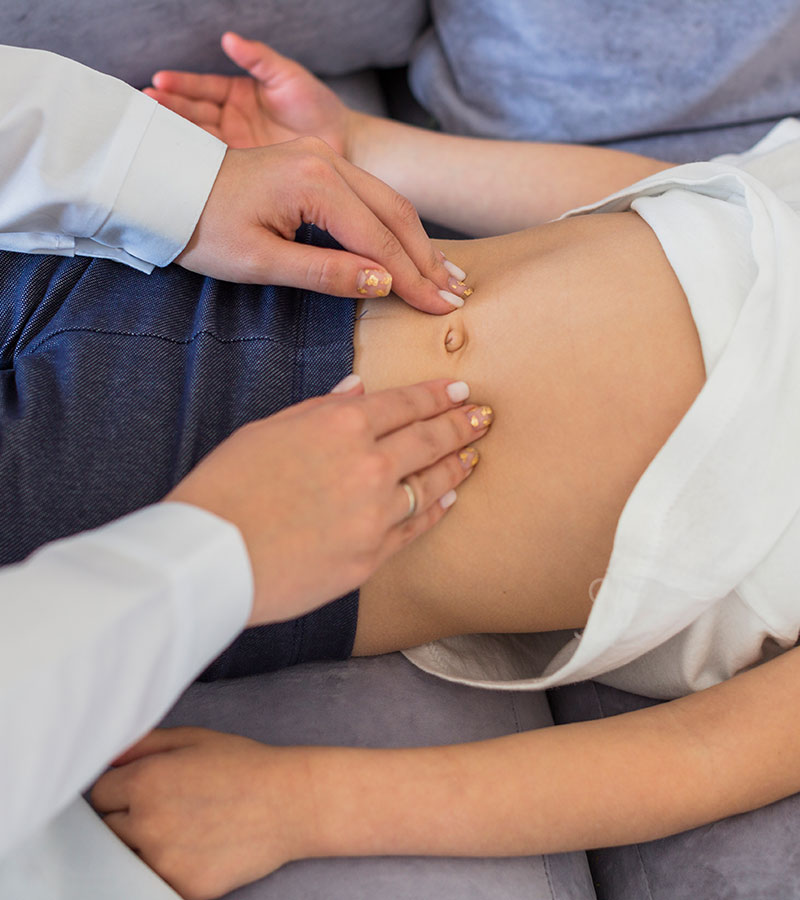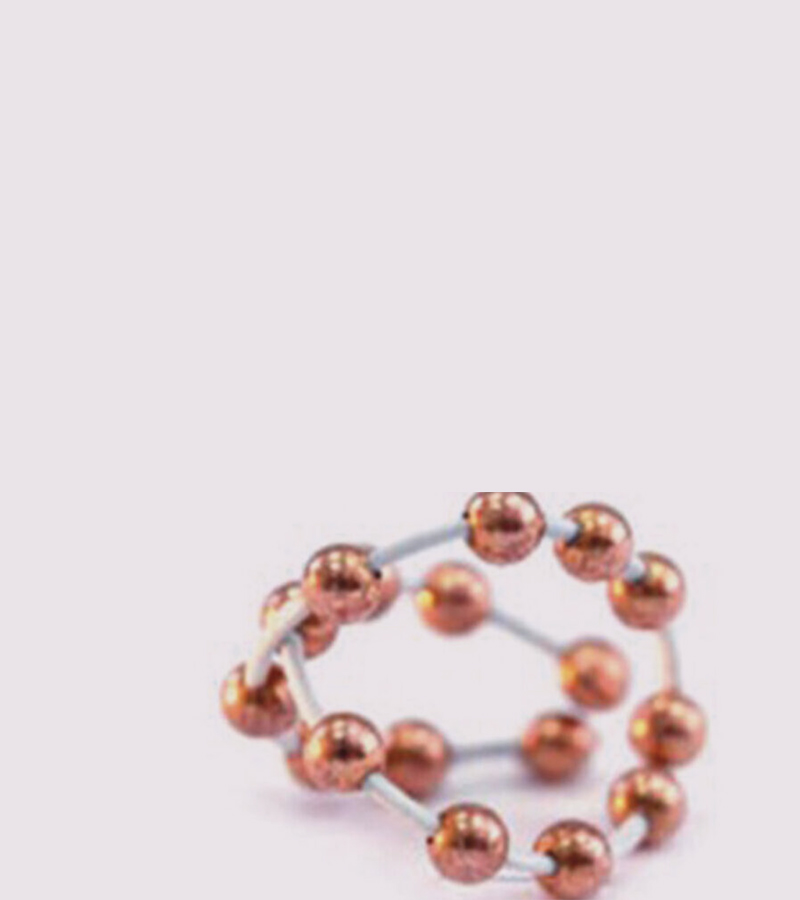Why do I say this? I am referring to the naming of what appears to be what we know as PMS by The American Institute of Psychiatrists to Premenstrual Dysphoric Disorder (PMDD). This or course sounds as though there is a suggestion that PMS is a psychiatric condition, which I do not believe. You may also have visited websites (even the NHS website) that set PMDD apart as a more severe form of PMS where the more psychological symptoms are greater than the physical ones.
If you suffer from some of the more pronounced symptoms of PMS there is one important fact to remember, and that is that the pathology of PMS is clearly linked to ovulation and ovarian activity – it is an ovarian cyclical syndrome. This means that the suppression of ovulation should be, and IS an effective treatment for this condition. For example drugs like transdermal oestrogens or GnRH analogues are effective at removing the symptoms of PMS by doing just this i.e. stopping the ovarian function and suppressing ovulation which then stops the cyclical hormonal changes that would normally cause the symptoms.
If you have been reading my website you may also have noticed a discussion about the relationship between PMT, postnatal depression and the Menopause. It tends to become worse in middle age, but I also see a large number of women who become increasingly in fear of the range of symptoms, which are both physical and psychological, and are therefore psychosomatic.
The many symptoms of PMS are well known – depression, anxiety, irritability, breast pain, headaches, bloating etc. and the fact they fade away with the onset of a period is a further reminder that they are ultimately an endocrinological disorder (linked to hormones).
What many people may not know is that there are quite a few other physical conditions that can worsen pre-menstrually such as asthma, epilepsy, and depression, rheumatoid pain, and these symptoms can also be lessened by suppressing ovulation because they depend on the hormonal changes of the ovarian cycle.
You may however have heard the term ‘Empty Nest Syndrome’ to describe the psychological effects of a number of factors. For example, in women who have had a hysterectomy but still have ovaries there can be cyclical depression, anxiety and irritability for 10 days or more followed by 2 or 3 days of headaches or migraine. These women are also vulnerable from the psychological effects of hysterectomy, middle age loss of fertility and sometimes a loss of purpose, hence the ‘Empty Nest Syndrome’ label.
Help and Support
If you suffer from many of the unpleasant symptoms of PMS you are certainly not alone. Some estimates suggest hat over 80% of menstruating women experience at least one symptom of it every month, and PMS symptoms are most common for menstruating women aged between their late 20s and early 40s.
There are several supportive measures which can help. You may for example choose to become linked to NAPS, the National Association of Pre-Menstrual Syndrome. The good news is that there are now effective medical therapies which will reduce the impact of PMS or Ovarian Cycle Syndrome. Even endometrial ablation procedures have been shown to alleviate these symptoms.
If you are experiencing disruptive PMS symptoms, you can seek medical advice in order to improve the quality of your life.




